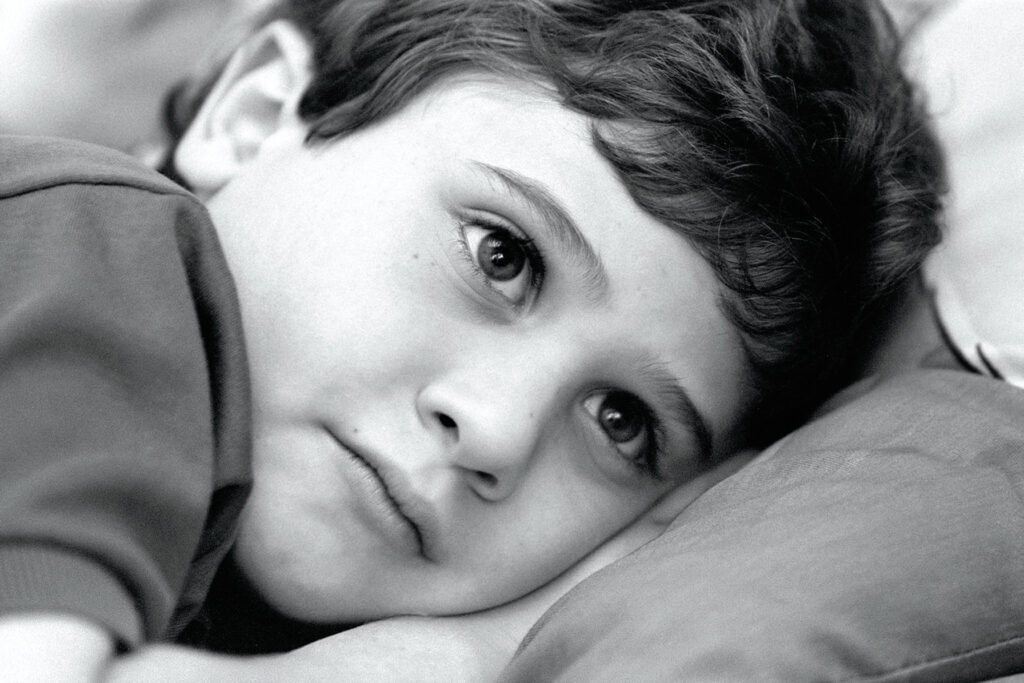Two Dedicated Mothers and their Pediatrician
SARRC was founded by two dedicated mothers of children with autism, Denise Resnik and Cindy Schneider, along with their developmental pediatrician, Raun Melmed. The three met regularly at a Paradise Valley coffee shop, sharing their frustrations, setbacks, and triumphs as they dealt with this difficult and perplexing disorder amid conflicting messages from healthcare providers and a lack of meaningful support. Thus, SARRC was born in 1997 out of the need for an organization that could provide better answers and more reliable, comprehensive support for families impacted by autism spectrum disorder.

A Virtual Research Center
Operating out of their homes, businesses, and medical offices, SARRC’s co-founders began their endeavor as a virtual research center that not only answered questions about autism but questioned the answers. The center and its community of followers quickly expanded as other parents and families embraced the insight, information, and hope they’d been seeking.
Gained Momentum Quickly
Over just 18 months, SARRC quickly gained momentum as an organization, expanding its reach and embarking on actual research projects. In 1998, we opened our first 1,800-square-foot facility at 10th Street and McDowell Road. It took only another 18 months for SARRC to outgrow that space and add 4,000 square feet to the facility. As its physical structure took shape, so, too, did its internal structure. A mission statement was developed, core values were defined, and early intervention programs were mapped out.
Initial Guiding Principles
For SARRC, the initial guiding principles still hold true today:
- Advocate the need for research into autism.
- Educate families on best practices and evidence-based therapies.
- Obey medicine’s cardinal rule regarding new interventions: “First, do not harm.”
Early Achievements
By 1999, just two years after its founding, SARRC had developed a series of educational workshops for parents, educators and students; began worldwide collaborations; established a database of families; and participated in the first clinical trial of secretin to treat autism. Today, we continue our unique work answering questions and questioning answers, all while seeking to better support and serve people with autism spectrum disorder and their families.
